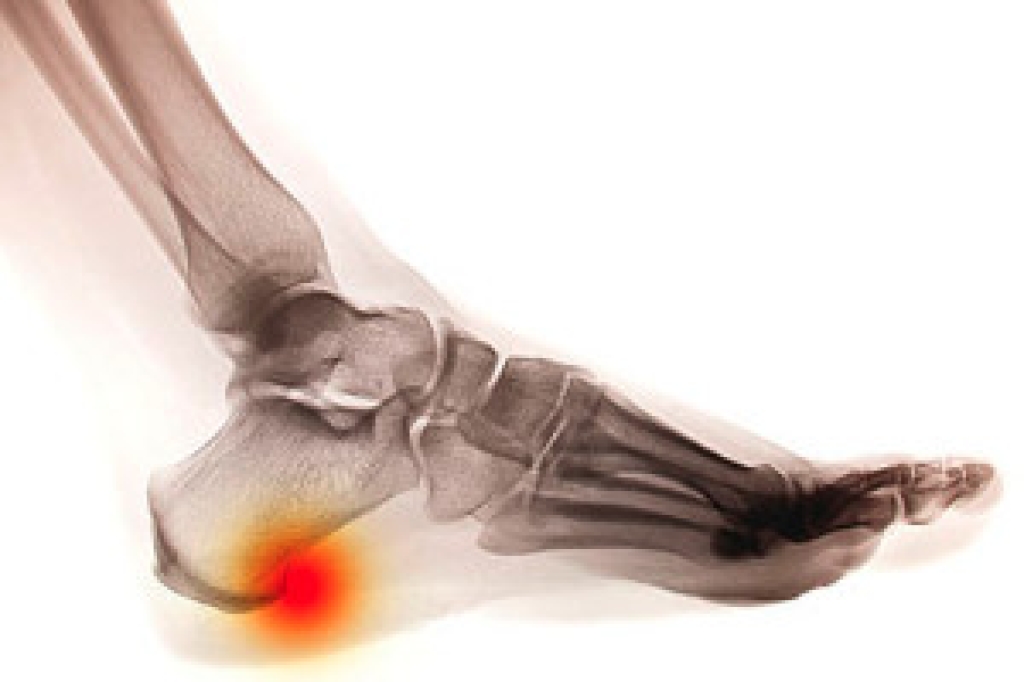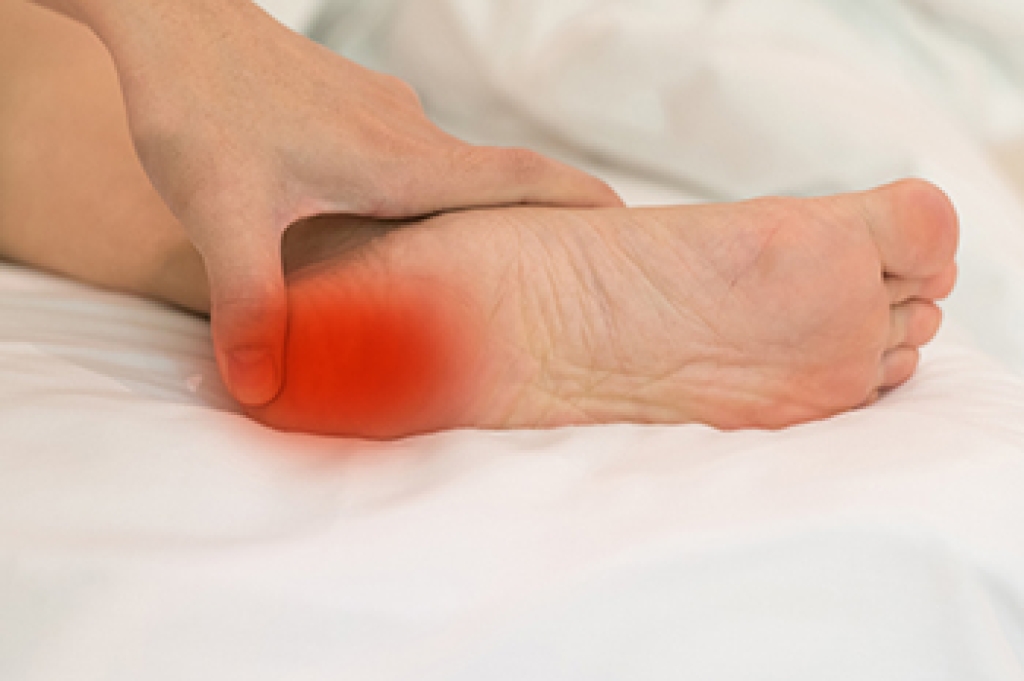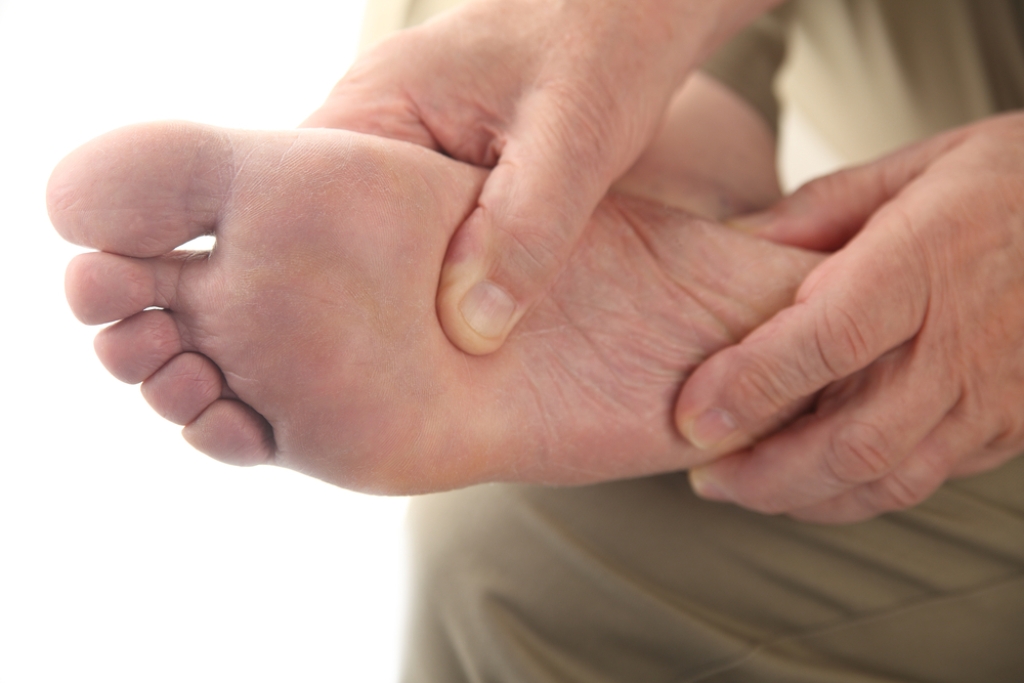 Heel spurs can form when calcium deposits create bony protrusions on the heel bone. Over time, these deposits develop due to issues such as arthritis or inflammation of the Achilles tendon (known as Achilles tendonitis) or the plantar fascia (known as plantar fasciitis). In fact, plantar fasciitis, which occurs when there is inflammation in tissues running along the bottom of the foot, is the most common issue that causes heel spurs, leading to roughly half of all cases. Common signs of heel spurs may include pain, tenderness, swelling, and difficulty walking. There can be a variety of different causes as to why you may be struggling with heel pain. Therefore, consulting with a podiatrist for a proper diagnosis and treatment method is suggested.
Heel spurs can form when calcium deposits create bony protrusions on the heel bone. Over time, these deposits develop due to issues such as arthritis or inflammation of the Achilles tendon (known as Achilles tendonitis) or the plantar fascia (known as plantar fasciitis). In fact, plantar fasciitis, which occurs when there is inflammation in tissues running along the bottom of the foot, is the most common issue that causes heel spurs, leading to roughly half of all cases. Common signs of heel spurs may include pain, tenderness, swelling, and difficulty walking. There can be a variety of different causes as to why you may be struggling with heel pain. Therefore, consulting with a podiatrist for a proper diagnosis and treatment method is suggested.
Heel spurs can be incredibly painful and sometimes may make you unable to participate in physical activities. To get medical care for your heel spurs, contact one of our podiatrists from APEX Foot & Ankle Center. Our doctors will do everything possible to treat your condition.
Heels Spurs
Heel spurs are formed by calcium deposits on the back of the foot where the heel is. This can also be caused by small fragments of bone breaking off one section of the foot, attaching onto the back of the foot. Heel spurs can also be bone growth on the back of the foot and may grow in the direction of the arch of the foot.
Older individuals usually suffer from heel spurs and pain sometimes intensifies with age. One of the main condition's spurs are related to is plantar fasciitis.
Pain
The pain associated with spurs is often because of weight placed on the feet. When someone is walking, their entire weight is concentrated on the feet. Bone spurs then have the tendency to affect other bones and tissues around the foot. As the pain continues, the feet will become tender and sensitive over time.
Treatments
There are many ways to treat heel spurs. If one is suffering from heel spurs in conjunction with pain, there are several methods for healing. Medication, surgery, and herbal care are some options.
If you have any questions, please feel free to contact our offices located in Fort Myers, Shellpoint, and Naples, FL . We offer the newest diagnostic and treatment technologies for all your foot care needs.




